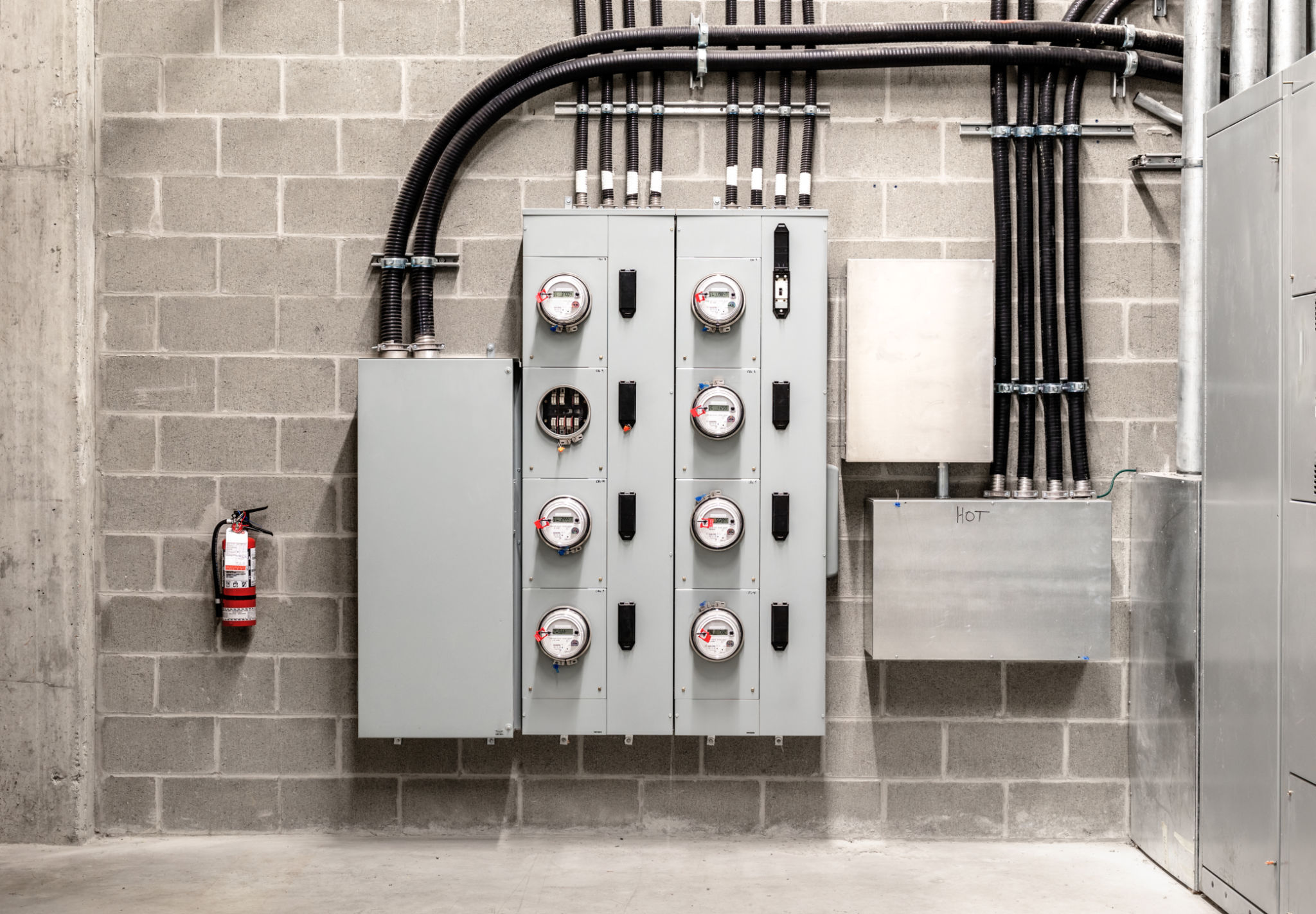Comparing Residential and Commercial Electrical Services: What You Need to Know
Understanding the Basics of Electrical Services
Electrical services are essential for both residential and commercial properties, but they differ significantly in scope and complexity. Understanding these differences can help homeowners and business owners make informed decisions when hiring an electrician. In general, residential electrical services focus on smaller-scale installations and repairs, while commercial services deal with larger, more complex systems.

Residential Electrical Services
Residential electrical services typically involve routine maintenance and repairs in homes. This can include installing new outlets, upgrading panels, or wiring for new appliances. Home electricians are skilled at working within the confines of smaller, personal spaces and understand the specific needs of residential electrical systems. They prioritize safety and efficiency to ensure that all home electrical systems function optimally.
Homeowners often seek residential electricians for:
- Upgrading outdated wiring
- Installing lighting fixtures
- Repairing circuit breakers
- Setting up home automation systems
Commercial Electrical Services
In contrast, commercial electrical services are more comprehensive due to the larger scale and higher power demand of commercial spaces. Electricians working in commercial settings must be adept at handling complex systems, such as those found in office buildings, retail spaces, and manufacturing facilities. These professionals ensure that electrical systems are not only functional but also compliant with industry standards and regulations.

Common tasks for commercial electricians include:
- Installing and maintaining large-scale electrical systems
- Designing electrical layouts for new constructions
- Implementing energy-efficient solutions
- Ensuring compliance with local codes and regulations
The Importance of Regulatory Compliance
Both residential and commercial electrical services must adhere to strict regulatory standards, but commercial projects often face more stringent requirements. Commercial electricians need to understand zoning laws, building codes, and safety regulations to ensure that all installations meet legal standards. Failing to comply can lead to severe consequences, including fines and operational disruptions.

Choosing the Right Electrical Service Provider
Whether you need residential or commercial electrical services, choosing a qualified and experienced electrician is crucial. Look for professionals who are licensed, insured, and have a strong reputation in their field. Additionally, consider seeking referrals from friends or colleagues who have had positive experiences with electricians in your area.
Ultimately, understanding the distinctions between residential and commercial electrical services can help you make better decisions for your property’s needs. By ensuring that you hire the right professional for the job, you can enhance safety, efficiency, and compliance with applicable regulations.
